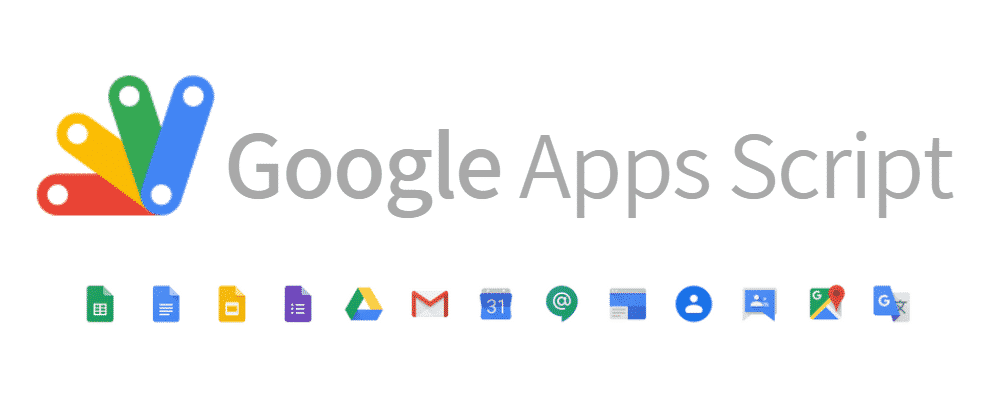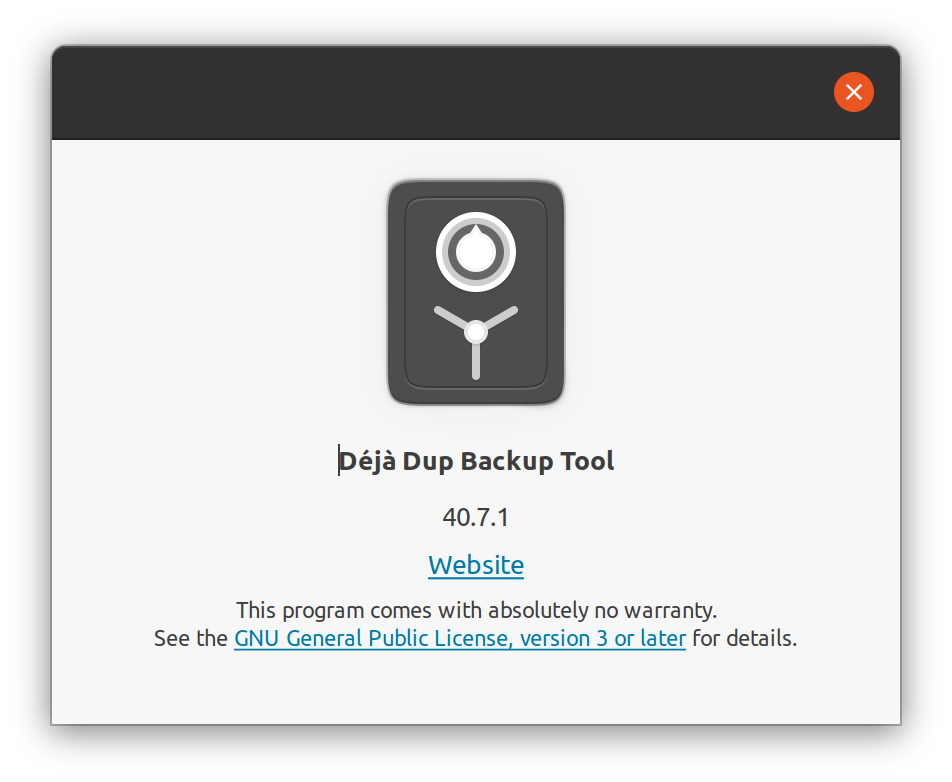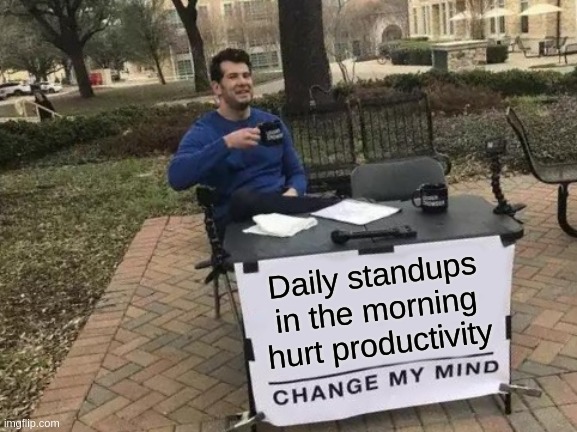Google Apps Script for Fun and Profit

If you use Google Workspace, you should know about the amazing Google Apps Script functionality that lets you automate tasks, create custom functions, and build web apps. Read on for examples and tips on how to get started.



